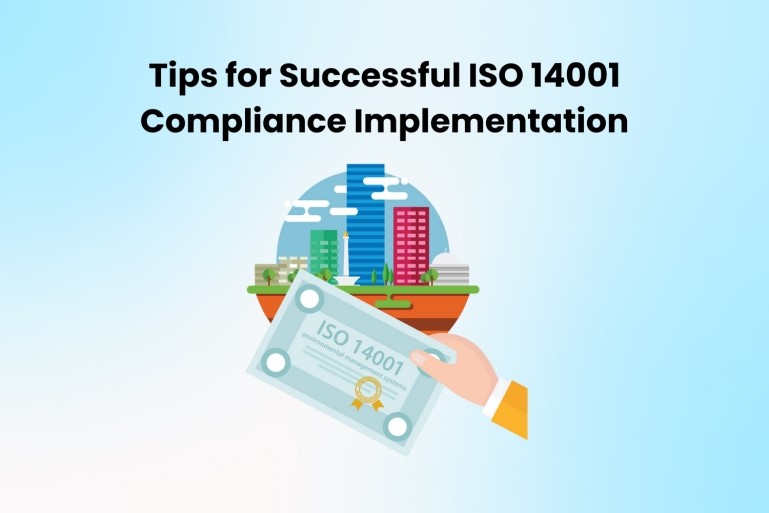It seems like every renter has a few stories about ineptitude, shortsightedness or outright meanness on the part of landlords. And while it’s true that not every landlord is bad at their job, the ones who are have certainly left a strong enough impression to color people’s general perception. So, what causes a landlord’s relationship with their tenants and municipal government to go south? As you’ll find, there’s no shortage of ways landlords draw the ire of renters and local officials.
They Make Themselves Unreachable
When someone experiences a serious maintenance issue, safety problem or conflict with another renter, they need someone to reach out to – and this someone should be their landlord. Given that landlords are the only ones with the power to properly address certain property issues, it’s only natural that renters would want a direct line to them. However, while some landlords make themselves easy to reach, others go in the opposite direction and avoid tenant communiques at every opportunity.
Needless to say, such behavior is highly conducive to low renter retention. After all, if a landlord can’t be depended upon to address pressing issues with their own property, why should tenants reward them with a sizable portion of their monthly income? A lack of communication can also result in the withholding of rent, as well as complaints to relevant authorities.
Landlords who own large rental communities – like apartment buildings and condo complexes – are liable to feel overwhelmed by the sheer number of tenant communiques they receive on a daily basis. In instances like these, landlords can greatly benefit from working with highly-rated property management companies and experienced property managers. Since a dutiful property manager will take point on all matters relating to tenant communications, they can effectively lift a tremendous weight off the shoulders of landlords.
Failure to Treat Property Maintenance with Due Importance
Addressing maintenance issues is among a landlord’s most important responsibilities. Even properties that are relatively new and well-maintained are guaranteed to experience the occasional maintenance problem – and this is doubly true for older properties. Additionally, the more units – and occupants – a property has, the more maintenance issues landlords are likely to be presented with.
A lack of attention to maintenance is one of the most common reasons for which tenants sour on landlords. Furthermore, ignoring certain maintenance issues is liable to place landlords in violation of municipal safety codes and land them in legal trouble. By extension, landlords should regularly have their respective properties inspected for potential safety issues by certified professionals. This process can be rather seamless in municipalities that utilize cutting-edge government software systems.
Depending on the types of maintenance requests they receive, some landlords are likely to feel stressed and overburdened. However, they can relieve themselves of this burden by employing dependable maintenance personnel.
Vague Leases
It’s very important for tenants to understand the full terms of their respective leases. Whereas good landlords make a point of using clear wording and carefully outlining the terms of leases, bad ones intentionally keep things vague in an effort to take advantage of tenants. As such, there’s little wonder as to why renters – and local governments – are hesitant to trust landlords who refuse to properly lay out the terms of their leases or provide prospective tenants with any kind of rental contract.
In fact, if you’ve ever rented, chances are you have a number of landlord-based grievances to share. There are a variety of reasons for which landlords have less-than-stellar relationships with tenants and local governments.










